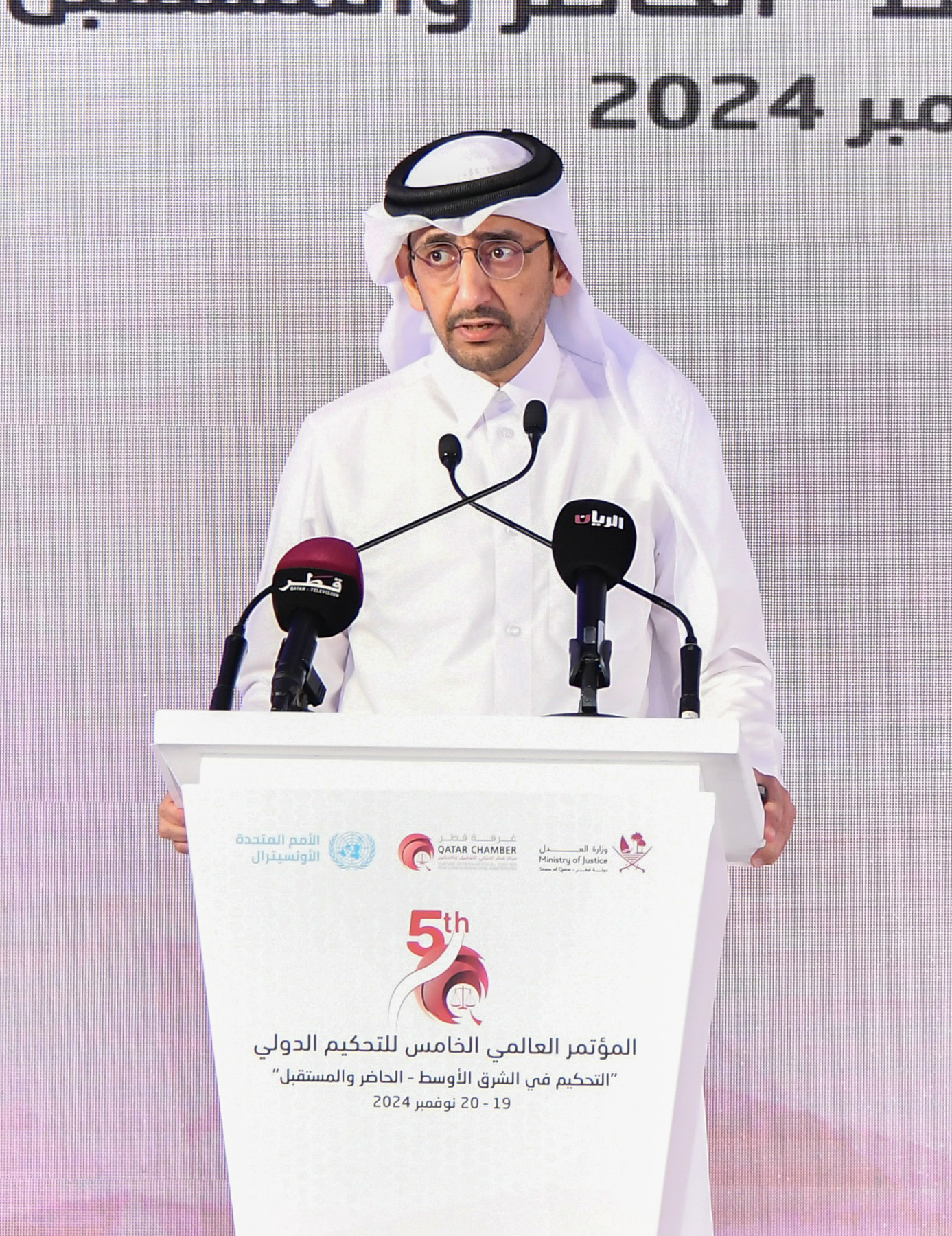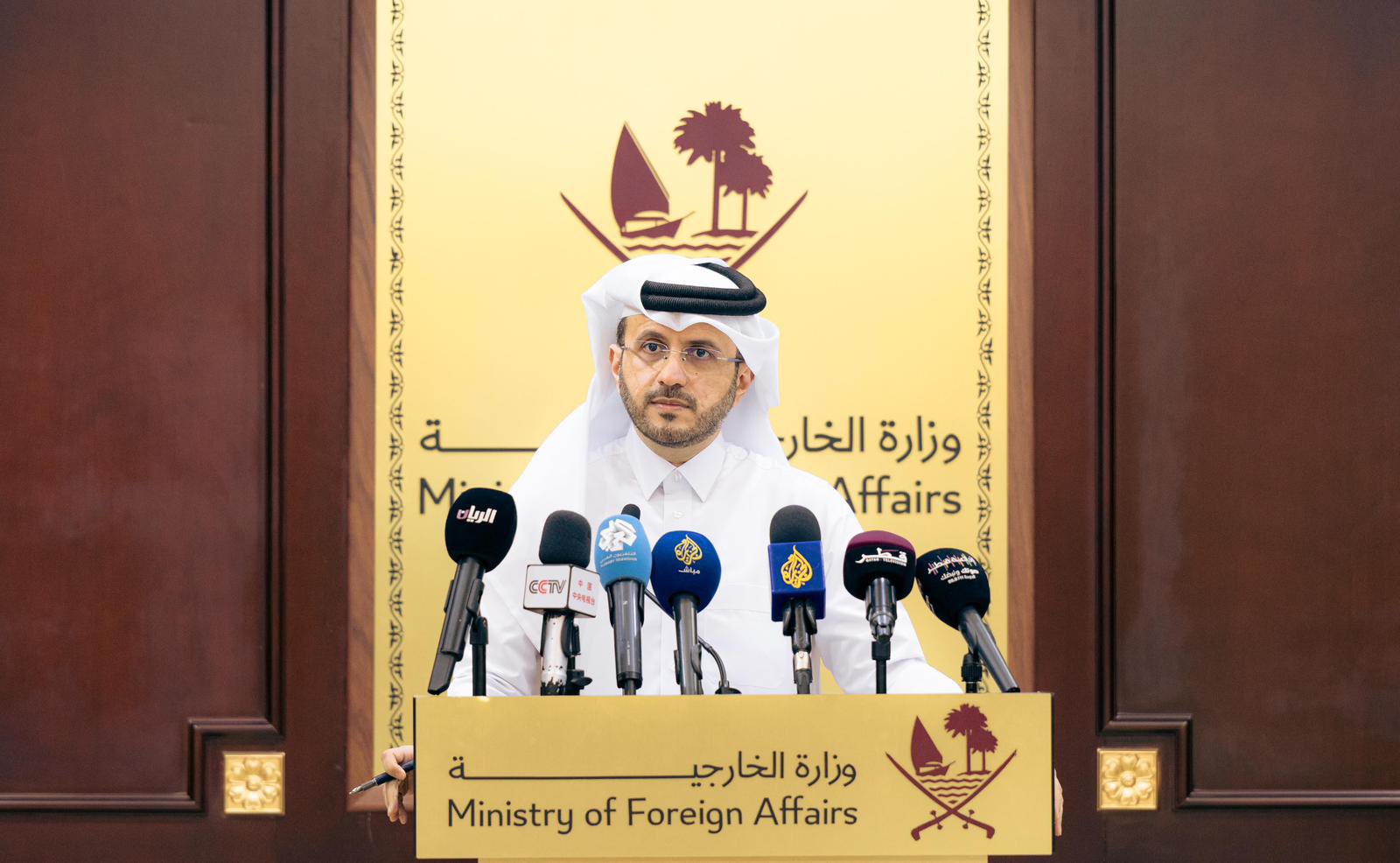An Islamophobic far-right leader has sparked outrage once again for desecrating the Quran in the Netherlands.
Qatar has vehemently condemned the tearing of copies of the Holy Quran outside several Muslim countries’ embassies in the Dutch city of The Hague.
The Qatari government labelled the act as an all intentional attempt to incite unrest and provoke Muslims, drawing outrage and condemnation from around the world.
“The State of Qatar strongly condemns the tearing of copies of the Holy Quran in front of a number of countries’ embassies in the Dutch city of The Hague, considering this vile incident as a planned act of incitement and a serious provocation intended to stir up public opinion and inflame the feelings of Muslims,” the Gulf country’s Ministry of Foreign Affairs said in a statement on Monday.
The Ministry further cautioned that permitting the desecration of the Holy Quran under the guise of freedom of expression not only fosters hatred and violence but also jeopardises the prospects of peaceful coexistence.
“The Ministry of Foreign Affairs warns that allowing infringement of the Holy Quran under the pretext of freedom of expression fuels hatred and violence and threatens peaceful coexistence,” it said.
“The Ministry stresses the State of Qatar’s complete rejection of all forms of hate speech based on belief, race, or religion, and also warned that hate campaigns against Islam and Islamophobic speech have witnessed a dangerous escalation with the continued systematic calls to repeatedly target Muslims in the world.”
Renewing its stance, Doha said: “The Ministry renews the State of Qatar’s full support for the values of tolerance and its keenness to establish the principles of international peace and security through dialogue and understanding”.
The statement was issued after the leader of the Islamophobic group PEGIDA, Edwin Wagensveld, once again carried out a stunt targeting the sacred text. On Saturday, he tore down a copy of the Quran outside the Turkish embassy in The Hague, before then doing the same outside the missions of Pakistan, Indonesia, and Denmark.
He also hurled insults at the Islamic faith and its followers.
The incident, which unfolded in plain view of the Turkish embassy as well as Dutch police, took an even more distressing turn when Wagensveld was filmed stepping on the sacred pages of the Quran.
This disturbing stunt is part of a trend that has plagued Northern Europe in recent months that has seen Islamophobic figures and groups have repeatedly carried out Quran burnings and other similar acts of desecration against the holy book of Islam.
Since the start of the year, far-right leaders in Europe – Denmark, the Netherlands and Sweden – have launched these provocative stunts, triggering global outrage and drawing condemnation from Muslim countries, including Qatar.
During his speech at this year’s United Nations General Assembly, Qatar’s Amir Sheikh Tamim bin Hamad Al Thani took special aim at the wave of Islamophobic incidents in Europe.
“Allow me to pinpoint the necessity for combating racism and campaigns of incitement against entire peoples, religions, and civilisations,” Sheikh Tamim said.
Doha has long adopted an unwavering stance in the face of Islamophobia globally, being one of the few to stand against anti-religious hate crimes.
“On this occasion, I would say to my Muslim brethren that it is implausible for us to get distracted by an idiot or a biased person whenever it occurs to him to provoke us by burning the Holy Quran or by other forms of triviality.”
“The Quran is too holy to be desecrated by a witless person. God Almighty said: ‘Embrace forgiveness and enjoin what is right and turn away from the ignorant.’ At the same time, I would say to all those who seek to justify these hideous acts as freedom of expression: compromising the sanctity of others deliberately should not be seen as an example of the freedom of expression.”
These sentiments, targeting the stances of some European governments in allowing and enabling the repetition of such incidents based on legal arguments surrounding freedom of speech, have been shared by various officials in recent months, some of whom have pointed out the double standard approach to state condemnation of religious hate crimes.
Qatar’s outspoken Minister of State for International Cooperation Lolwah Al Khater pointed towards the “puzzling” lack of accountability regarding religion-based hate speech, especially against Muslims, despite legislations in favour of other minorities being easily approved.
“We remain puzzled by the opposition that some countries expressed to stopping religion-based hate speech especially against Muslims, while they themselves introduce new legislations and statements every day defending new self-defined minorities,” maintained Al Khater.
“By the same token STOP ISLAMOPHOBIA”.







